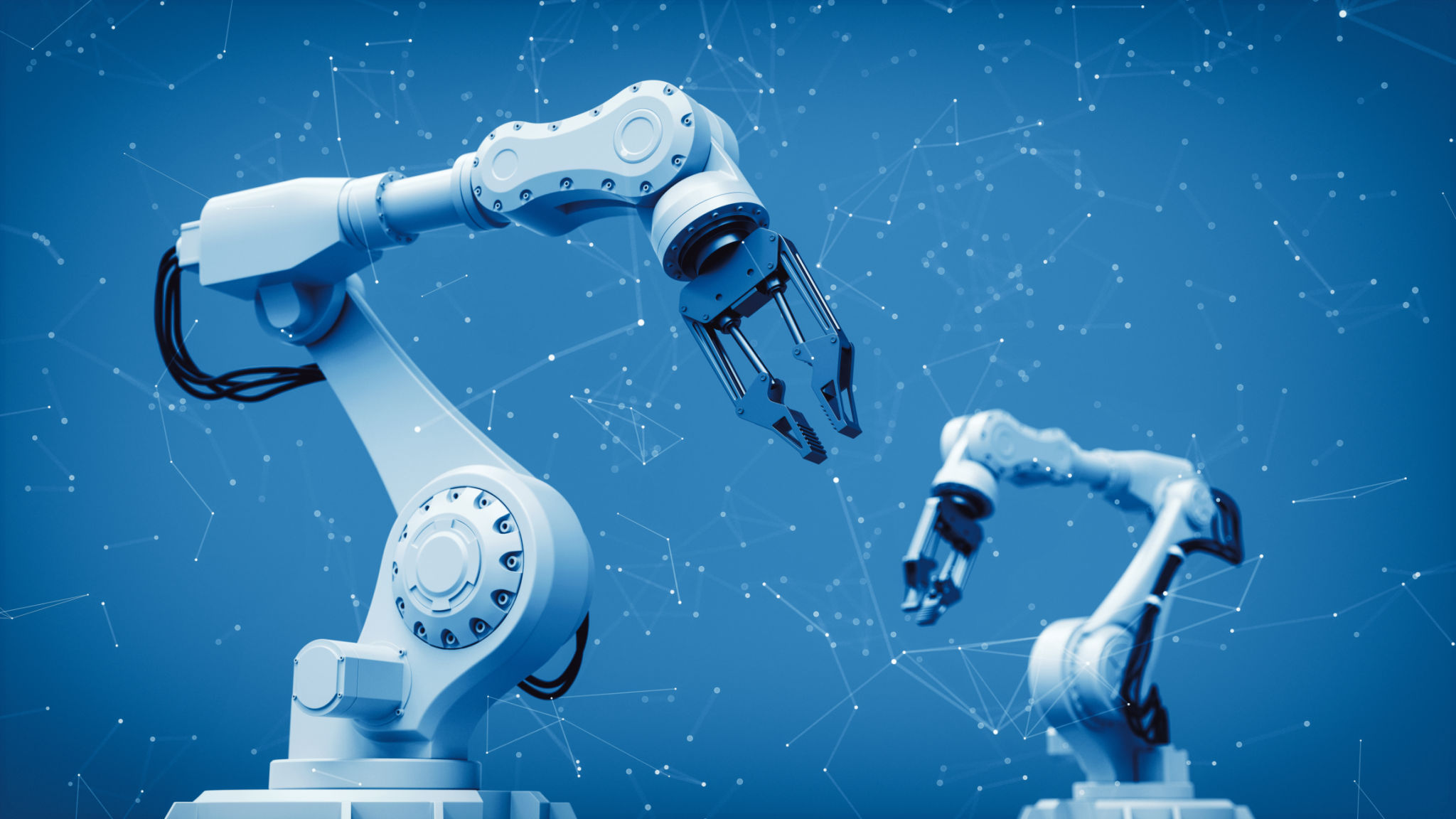Comprehensive Guide to Intelligent Agents: Transforming Future Factories
Understanding Intelligent Agents
In the rapidly evolving landscape of modern manufacturing, intelligent agents are emerging as pivotal components in the transformation of future factories. These sophisticated systems are not just about automating processes; they are about creating smarter, more efficient, and highly adaptive manufacturing environments. At their core, intelligent agents are autonomous entities capable of perceiving their environment and making decisions to achieve specific goals.

The implementation of intelligent agents in factories is primarily driven by the need to enhance productivity, reduce operational costs, and increase flexibility. By leveraging advanced technologies such as artificial intelligence (AI) and machine learning, these agents can process vast amounts of data in real-time, allowing for proactive decision-making and dynamic problem-solving.
The Role of AI in Intelligent Agents
Artificial Intelligence plays a crucial role in the functionality of intelligent agents. AI algorithms enable these agents to learn from data, predict future outcomes, and optimize production processes. Machine learning models can be integrated into factory operations to identify patterns and anomalies, leading to improved quality control and reduced downtime.
Moreover, AI-powered intelligent agents can facilitate predictive maintenance by continuously monitoring equipment performance. This helps in anticipating failures before they occur, thus minimizing interruptions in production and extending the lifespan of machinery.

Advantages of Implementing Intelligent Agents
The adoption of intelligent agents offers a multitude of benefits for manufacturers. Some of the key advantages include:
- Increased Efficiency: By automating routine tasks and optimizing workflows, intelligent agents significantly boost operational efficiency.
- Enhanced Flexibility: These systems can quickly adapt to changes in production demands or unexpected disruptions, ensuring continuity.
- Cost Reduction: Through improved resource management and waste reduction, intelligent agents contribute to substantial cost savings.
Integrating Intelligent Agents into Factory Operations
The integration process of intelligent agents into existing factory systems requires careful planning and execution. Manufacturers must assess their current operations and identify areas where intelligent agents can add the most value. This involves selecting the right AI tools and technologies that align with their specific production needs.

Additionally, it is essential to ensure that staff are adequately trained to work alongside these advanced systems. Human-machine collaboration is crucial for maximizing the potential of intelligent agents, fostering an environment where both can thrive symbiotically.
Challenges and Considerations
While the benefits of intelligent agents are significant, manufacturers must also be aware of potential challenges. These include data security concerns, integration complexities, and the need for continuous system updates. Addressing these challenges requires a strategic approach that emphasizes robust cybersecurity measures and ongoing system evaluation.
Furthermore, manufacturers should consider the ethical implications of deploying intelligent agents. This includes ensuring transparency in decision-making processes and maintaining accountability for actions taken by autonomous systems.
The Future of Intelligent Agents in Manufacturing
As technology continues to advance, the role of intelligent agents in manufacturing is set to expand even further. Future factories will likely see increased collaboration between humans and machines, leading to more innovative production methods and enhanced product quality. The evolution of intelligent agents will drive a new era of smart manufacturing, characterized by heightened efficiency and sustainability.
Embracing these changes today will position manufacturers at the forefront of industrial innovation, paving the way for a more resilient and competitive future in the global market.